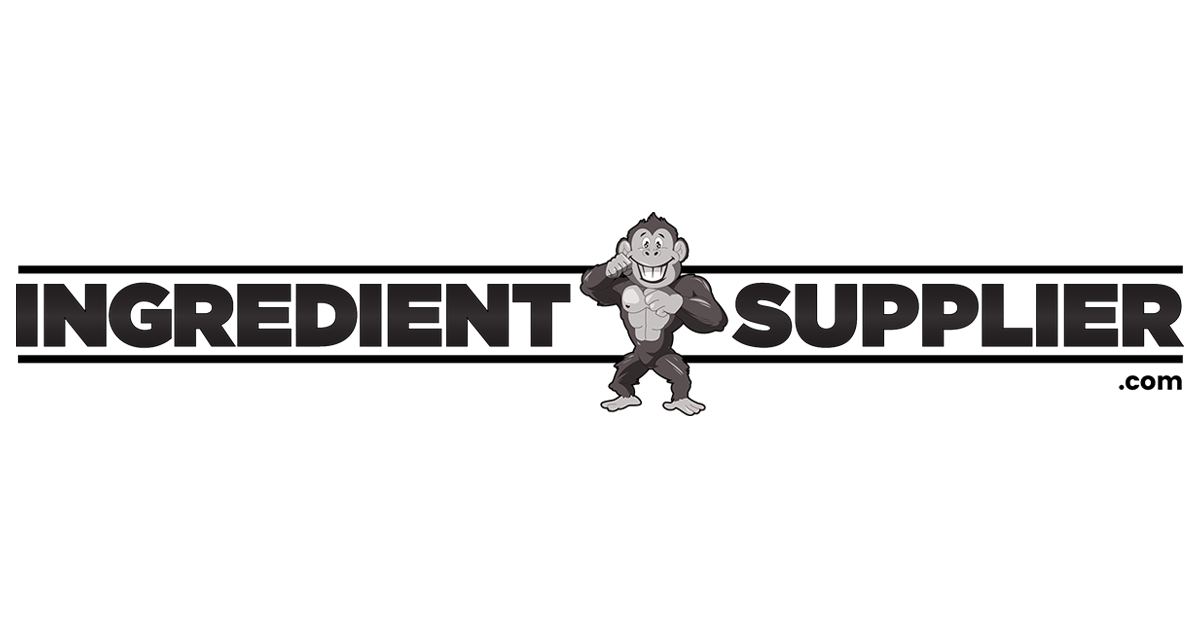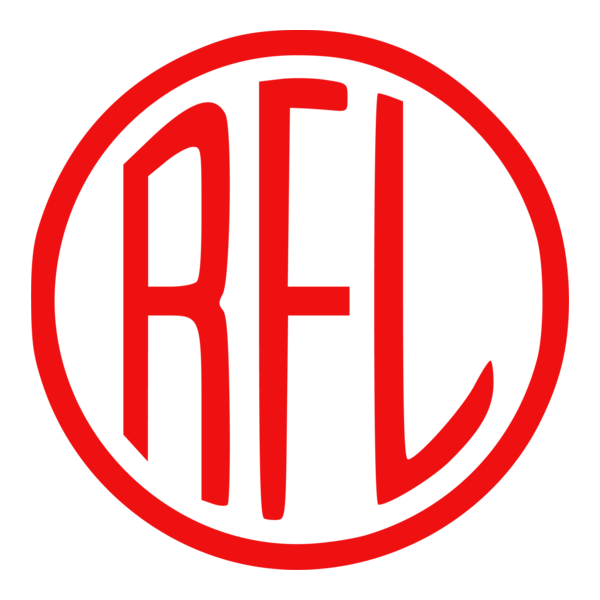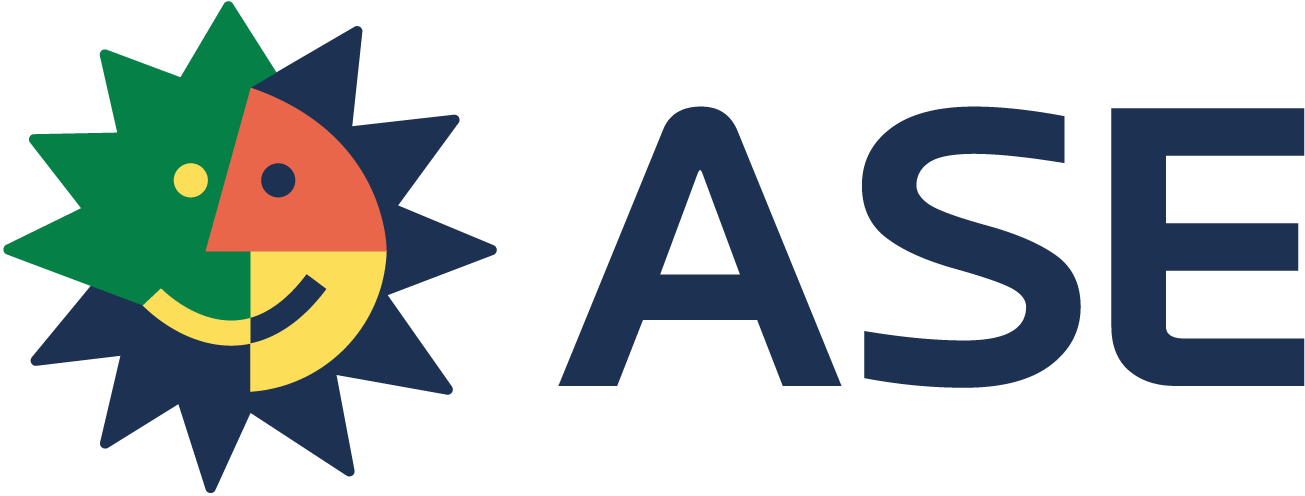Company Directory - ENOUGH
Company Details - ENOUGH
ENOUGH
A food technology company focused on innovative protein solutions and sustainable food production.
CCI Score
CCI Score: ENOUGH
-25.91
0.11%
Latest Event
Migrant Labor Human Rights Risks in US Food Value Chains
An analysis of the systemic labor rights abuses and supply chain vulnerabilities in the US food sector, highlighting the risks of migrant labor exploitation and inadequate supplier oversight. The article urges companies to engage more transparently with their suppliers and enforce robust labor protections, posing risks for food companies if these issues remain unaddressed.
Take Action
So what can you do? It's time to make tough choices. Where will you cast your vote?
- Shop Alternatives
SEE ALL - Use Your Voice
OTHER TOOLS - Investigate
- Share the Score
SUPPORT CCI
ACCOMPLICE
ENOUGH is currently rated as an Accomplice.
Latest Events
- MAR052025
An analysis of the systemic labor rights abuses and supply chain vulnerabilities in the US food sector, highlighting the risks of migrant labor exploitation and inadequate supplier oversight. The article urges companies to engage more transparently with their suppliers and enforce robust labor protections, posing risks for food companies if these issues remain unaddressed.
-50
Labor Relations and Human Rights Practices
March 19
The article details significant concerns regarding labor rights abuses within the US food value chain, including wage theft and exploitation of vulnerable migrant workers. As a food technology company, ENOUGH may be implicated if it does not enforce strong labor protections, thereby contributing to an environment that supports authoritarian disregard for worker rights.
Managing Migrant Labor Human Rights Risks in US Food Value Chains
-40
Supply Chain Ethics
March 19
Highlighting the shortcomings in supply chain oversight, the article emphasizes the need for improved supplier dialogue and ethical sourcing practices in the food and agriculture sector. This reflects a vulnerability within companies like ENOUGH, if they do not rigorously manage their supply chains to mitigate risks of labor exploitation.
Managing Migrant Labor Human Rights Risks in US Food Value Chains
- FEB202025
The new EU law banning products made with forced labor underscores the need for companies to conduct robust supply chain due diligence. For a food technology company like ENOUGH, this signals a critical need to ensure that all sourcing and production practices are free from modern slavery and forced labor methods, lest they be seen as complicit in systemic labor abuses.
-50
Supply Chain Ethics
March 19
The article highlights the EU’s new Forced Labor Product Ban Regulation which mandates companies to police their supply chains for forced labor. This is directly relevant to the 'Supply Chain Ethics' category under Business Practices and Ethical Responsibility. Companies must now demonstrate rigorous due diligence and transparency in their sourcing practices. For ENOUGH, operating in the food technology space, failing to adequately address potential forced labor risks in its supply chain could connote complicity in perpetuating unethical practices. The regulation thus serves as both a warning and a catalyst for reform, with non-compliance potentially contributing to broader authoritarian exploitation of labor.
New EU Law Should Catalyze Business Efforts to Tackle Forced Labor
- FEB062025
The OpenSecrets article reveals significant political contributions by food processing and sales PACs during the 2023-2024 cycle, with a disproportionate emphasis on donations to Republican candidates. Given ENOUGH's position within the food technology sector, this raises concerns about indirect complicity in bolstering authoritarian-leaning political forces.
-40
Political Contributions and Lobbying Efforts
March 19
The disclosed PAC contributions in the food processing sector show a significant financial tilt toward Republican candidates, which, from an anti-fascist perspective, can be seen as indirectly supporting authoritarian policies. As ENOUGH operates within this industry, there is concern that it may be complicit in enabling political dynamics that favor authoritarian agendas. This rating reflects the perceived risk in the company's indirect political engagement as evidenced by industry-wide contributions.
Food Processing & Sales PACs contributions to candidates, 2023-2024 • OpenSecrets
- JAN132025
An article discusses the implementation of Model Contract Clauses designed to enforce human rights due diligence and responsible procurement practices. The frameworks emphasize remediation, enhanced supplier accountability, and proactive labor rights measures to prevent forced labor, indicating a positive step towards ethical supply chain management.
+60
Labor Relations and Human Rights Practices
March 19
The article underscores the importance of robust contractual tools that ensure proper human rights due diligence, active remediation, and collaboration between buyers and suppliers to prevent forced labor. This focus supports improved labor rights practices, reflecting positively on corporate commitment to worker protection.
Using Contractual Frameworks to Comply with US Forced Labor Regulations
+70
Supply Chain Ethics
March 19
The piece highlights the benefits of comprehensive supply chain mapping and responsible procurement strategies that enforce ethical sourcing and transparency. By focusing on the operational implementation of these frameworks, it demonstrates a positive approach to mitigating supply chain risks associated with forced labor.
Using Contractual Frameworks to Comply with US Forced Labor Regulations
- SEP052024
A U.S. Department of State briefing on the global state of child and forced labor raises concerns about adequate corporate due diligence measures, suggesting that companies like ENOUGH may not be fully addressing labor rights and supply chain ethical risks.
-20
Labor Relations and Human Rights Practices
March 19
The U.S. Department of State briefing emphasizes the urgent need for robust measures to protect workers from child and forced labor. There is no evidence that ENOUGH has implemented strong labor rights protections, raising concerns about their commitment to upholding human rights standards in their operations.
-20
Supply Chain Ethics
March 19
The same briefing calls for comprehensive supply chain oversight to prevent the risks of forced and child labor. In the absence of clear, proactive transparency or measures from ENOUGH regarding its sourcing practices, significant concerns remain about its supply chain ethics.
- JUN272024
The article from Boston Consulting Group emphasizes the pressing need for companies to address human rights abuses in their supply chains, highlighting forced labor and other related violations. As a food technology company, ENOUGH is implicitly urged to implement stringent human rights due diligence measures throughout its supply chain to avoid potential complicity in these abuses.
-40
Supply Chain Ethics
March 19
The article outlines the increasing global pressures for stronger supply chain governance in relation to human rights, particularly addressing forced labor issues. There is no evidence suggesting that ENOUGH has proactively implemented rigorous measures in its supply chain to tackle these issues, indicating potential complicity. This shortfall in proactive action results in a negative score in the 'Supply Chain Ethics' category.
- OCT112022
An Ethical Consumer investigation highlights significant labor rights violations and exploitative supply chain practices within the global food industry, raising serious concerns for companies like ENOUGH in upholding ethical labor standards.
-80
Labor Relations and Human Rights Practices
March 19
The article vividly outlines widespread labor rights violations in the food industry, including poverty wages and precarious working conditions. Such conditions signal severe systemic labor abuses, and companies in the sector like ENOUGH are implicitly pressured to confront these issues. This rating reflects deep concerns about how current labor practices can contribute to broader systemic oppression.
-70
Supply Chain Ethics
March 19
The investigation also casts light on exploitative supply chain practices whereby multinational entities capture disproportionate value, leaving smallholder farmers and local workers vulnerable. This unethical approach to sourcing and pricing underpins a broader narrative of corporate complicity in systemic inequality.
Alternatives

Corporation
71.62

Corporation
24.52
Ewing, USA
68.93

Vancouver, Canada
63.20

Bangladesh
63.15

Singapore, Singapore
56.82

Tempe, United States
54.07

Fremont, USA
50.81

El Segundo, United States
47.02

Kaohsiung, Taiwan
46.49
Industries
- 311999
- All Other Miscellaneous Food Manufacturing
- 325199
- All Other Basic Organic Chemical Manufacturing
- 541715
- Research and Development in the Physical, Engineering, and Life Sciences (except Nanotechnology and Biotechnology)